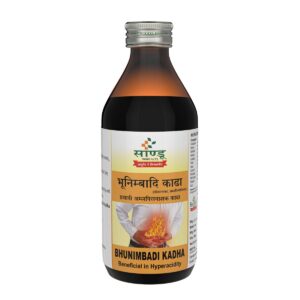S(
S(: S( is a drug commonly known as serotonin. It is a naturally occurring neurotransmitter in the brain that plays a vital role in regulating mood, appetite, sleep, and other bodily functions. S( is used as a medication to treat various psychiatric disorders, such as depression, anxiety, and obsessive-compulsive disorder (OCD).
The mechanism of action of S( involves inhibiting the reuptake of serotonin in the brain, thereby increasing its availability and enhancing neurotransmission. By doing so, it helps to alleviate symptoms of depression and improve mood.
The dose of S( can vary depending on the specific condition being treated and the individual’s response to the medication. It is typically prescribed as tablets or capsules and is usually taken once or twice a day. The initial dose is typically low and gradually increased over time based on the patient’s needs and tolerability.
Like any medication, S( is associated with certain side effects. Common side effects include nausea, headache, drowsiness, dizziness, and sexual dysfunction. These side effects are usually mild and well-tolerated, and they often diminish as the body adjusts to the medication. However, if any side effects persist or worsen, it is important to inform the prescribing doctor.
In rare cases, S( can lead to more serious side effects such as serotonin syndrome, a potentially life-threatening condition characterized by rapid heart rate, high blood pressure, fever, hallucinations, and muscle stiffness. It is important to seek immediate medical attention if any of these severe side effects occur.
As S( affects serotonin levels, it may interact with other medications that also influence serotonin, such as certain antidepressants and migraine medications. Therefore, it is essential to inform the doctor about all other medications being taken to avoid potential drug interactions.
Overall, S( is a commonly prescribed medication that can be effective in managing various psychiatric conditions. However, it is important to take the medication as prescribed and closely monitor for any side effects or adverse reactions. Regular communication with the prescribing healthcare provider is crucial for the safe and effective use of S(.

